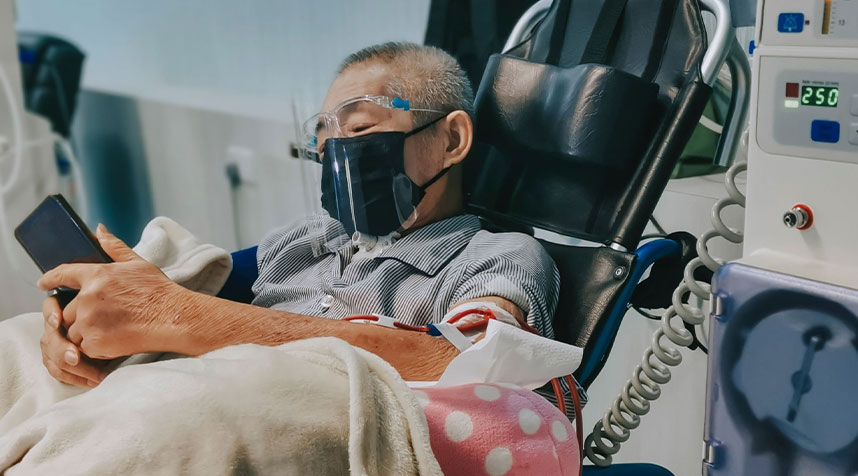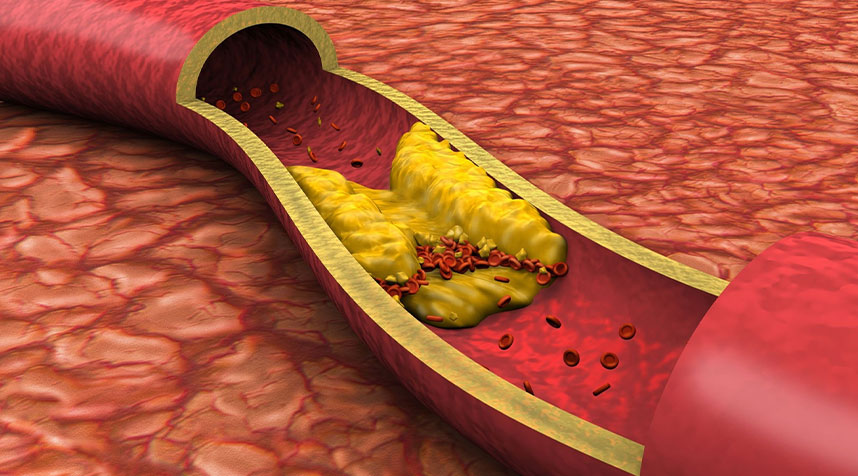A kidney transplant is a definitive solution for many patients on the verge of kidney failure. However, patients may have to wait for months before a suitable donor can be found. Thus, it offers benefits but has potential drawbacks that should not be neglected.
Here, we have presented both the pros and cons of the procedure so that you can make an educated decision for your health.
Let’s first talk about the Benefits of a Kidney Transplant
1. It gives you a chance to get back to normal life

A kidney transplant brings normalcy to your life. After a few months of your transplant, your new kidney will become stable and you won’t need to visit the clinic as often. Most patients can return to work after 12 weeks of the procedure. You can also start driving after 6 weeks of your transplant.
2. Fewer limitations to your diet

People with kidney transplants have much lesser restrictions on their diet as compared to dialysis patients.
3. Better quality of life

People who go for kidney transplants usually have a better quality of life and higher survival rates than people who go for dialysis. For instance, a 30-year-old patient on dialysis would be expected to live for around 15 years. But, with a living donor kidney transplant, the life expectancy jumps to 40 years.
4. No need for dialysis anymore

Since patients with kidney transplants have functional kidneys, they no longer require dialysis which can be a time-consuming process.
Though kidney transplant offers numerous benefits, as a patient you should be aware of the drawbacks of the procedure as well. The rates of severe complications of a kidney transplant have plummeted in the past decade. But, still, it is an invasive procedure that is not free from risks.
Risks of Kidney Transplants Include
1. The patient can experience flu, colds, and urinary tract infections after a kidney transplant. These are usually short-term. But, certain infections like pneumonia may require hospitalization.
2. Blood clots can also develop in the vessels connected to your new kidney. This occurs in almost 1 out of 100 kidney transplant cases. Your nephrologist may give you medicines to resolve this clot.

3. Acute rejection is a prevalent complication, especially during the first year after the transplant. It can happen to 1 in 3 individuals. However, this doesn’t cause noticeable symptoms and will require detection by a blood test. Though you may be taking immunosuppressants, regular monitoring by the healthcare team is necessary to check if the kidney transplant is working.
4. Side effects from medications

Immunosuppressants prevent the immune system from working against the new kidney as this could lead to transplant rejection. However, these medicines can cause side effects like high blood pressure, weight gain, increased risk of diabetes, and infections.
Avail Kidney Transplantation Across the World
Conclusion
A kidney transplant comes with both advantages and disadvantages. But, sometimes it can be the only solution for your kidney disease. In such a scenario, discussing the possible complications of the procedure with your nephrologist and the transplant surgeon can make you well-prepared for your life after the transplant.
Reference Links:







